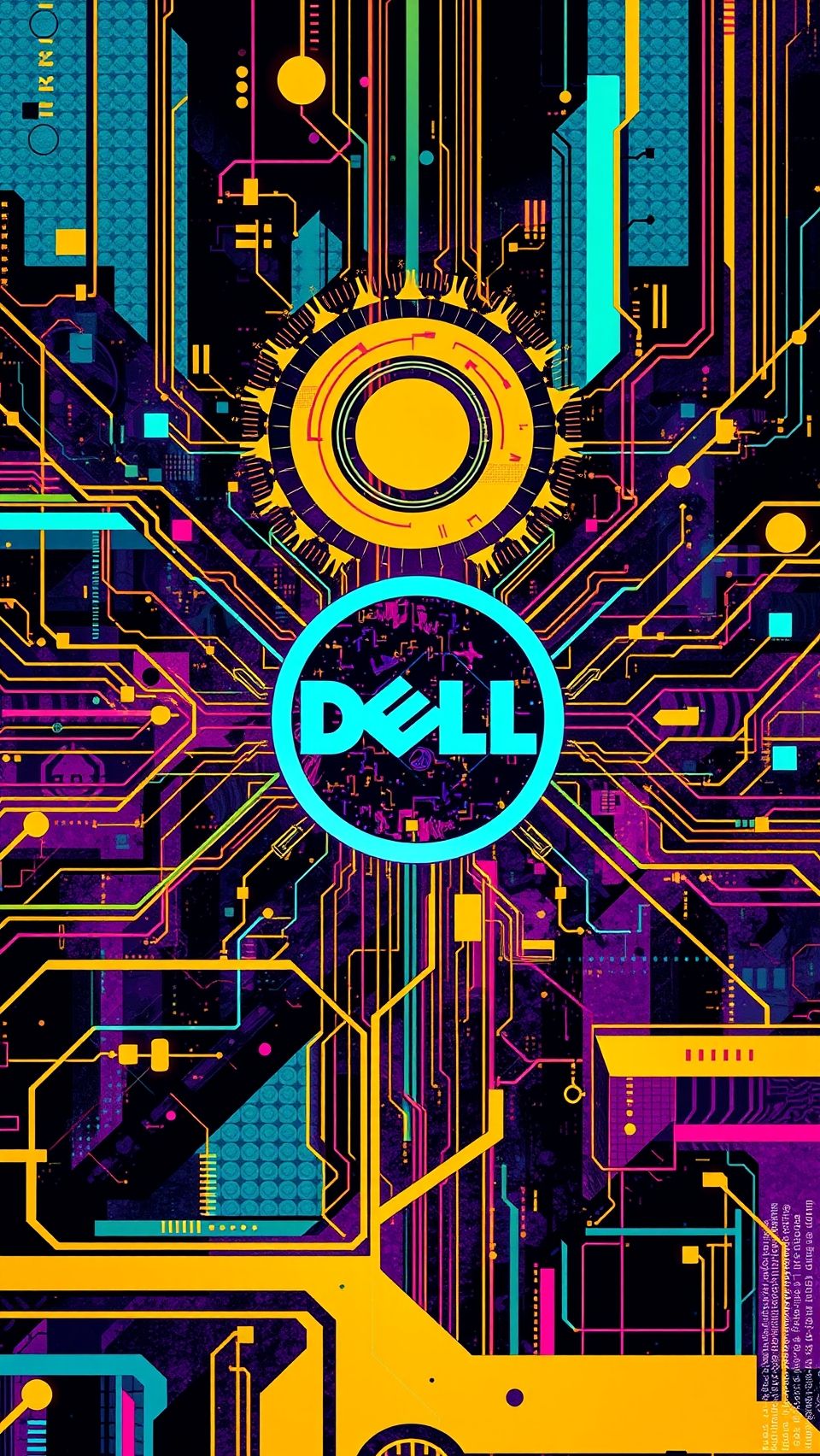Revolutionary Ai Breakthrough Boosts Efficiency With Groundbreaking Vision-Language Model
The world of artificial intelligence (AI) is rapidly evolving, with advancements in computer vision, …
12. August 2025

Dell Technologies has taken significant steps to make unstructured enterprise data more accessible for generative AI applications. The company’s latest update to its AI Data Platform focuses on transforming the vast amounts of unusable enterprise data into actionable intelligence through improved indexing and vector retrieval.
Generative AI requires high-quality, accessible data, but most enterprise data remains unusable without continuous indexing and robust vector retrieval engines. Dell’s updated platform directly addresses this challenge by providing advanced data preparation and access capabilities. The new “unstructured data engine” developed in collaboration with AI search company Elastic provides advanced vector search and semantic retrieval capabilities essential for generative AI applications that need to process and understand unstructured content.
Dell has long recognized the potential of AI to unlock insights from large amounts of enterprise data. The updated platform represents a major step forward in making this vision a reality. “Enterprise data is massive, growing rapidly and increasingly unstructured, but only a fraction of it is usable for generative AI today,” said Lewis, president of the Dell Infrastructure Solutions Group. “To unlock its value, organizations need continuous indexing and a vector retrieval engine that converts content into embeddings for fast, precise semantic search.”
The company’s efforts aim to break down silos and simplify access to enterprise data, enabling developers to build more sophisticated AI applications. Dell is introducing a validated reference architecture that combines storage, data, compute, networking, and software components to accelerate AI development and deployment.
The updated platform includes the PowerEdge R7725 server with Nvidia RTX PRO 6000 Blackwell Server Edition GPUs, which delivers up to six times the token throughput for LLM inference compared to previous generations. This technology is expected to be available later this year and will be demonstrated at the Siggraph 2025 computer graphics conference in Vancouver.
Nvidia and DataStax have launched a new technology that dramatically reduces storage requirements for companies deploying generative AI systems while enabling faster and more accurate information retrieval across multiple languages. The new Nvidia NeMo Retriever microservices, integrated with DataStax’s AI platform, cuts data storage volume by 35 times compared to traditional approaches.
For enterprises struggling to deploy generative AI responsibly while managing large amounts of unstructured data, the new offering provides a path to make their information assets AI-ready without compromising security or breaking the bank on storage costs. The solution is available immediately through the Nvidia API catalog with a 90-day free trial license.
The technology is finding early adoption across industries, with financial services firms leading the charge despite regulatory constraints. Wikimedia Foundation has already seen transformative results from using the integrated solution, which reduced processing time for 10 million Wikipedia entries from 30 days to under three days.
The partnership addresses a critical challenge facing enterprises: how to make their vast stores of private data accessible to AI systems without exposing sensitive information to external language models. “Take FedEx — 60% of their data sits in our products, including all package delivery information for the past 20 years with personal details. That’s not going to Gemini or OpenAI anytime soon, or ever,” said Kari Briski.
The Nvidia NeMo Retriever technology delivers a 35x improvement in data storage efficiency as illustrated in a comparison of raw text storage, baseline vector embeddings, and reduced embedding dimensions. This breakthrough underpins the scalability of generative AI across enterprise applications.